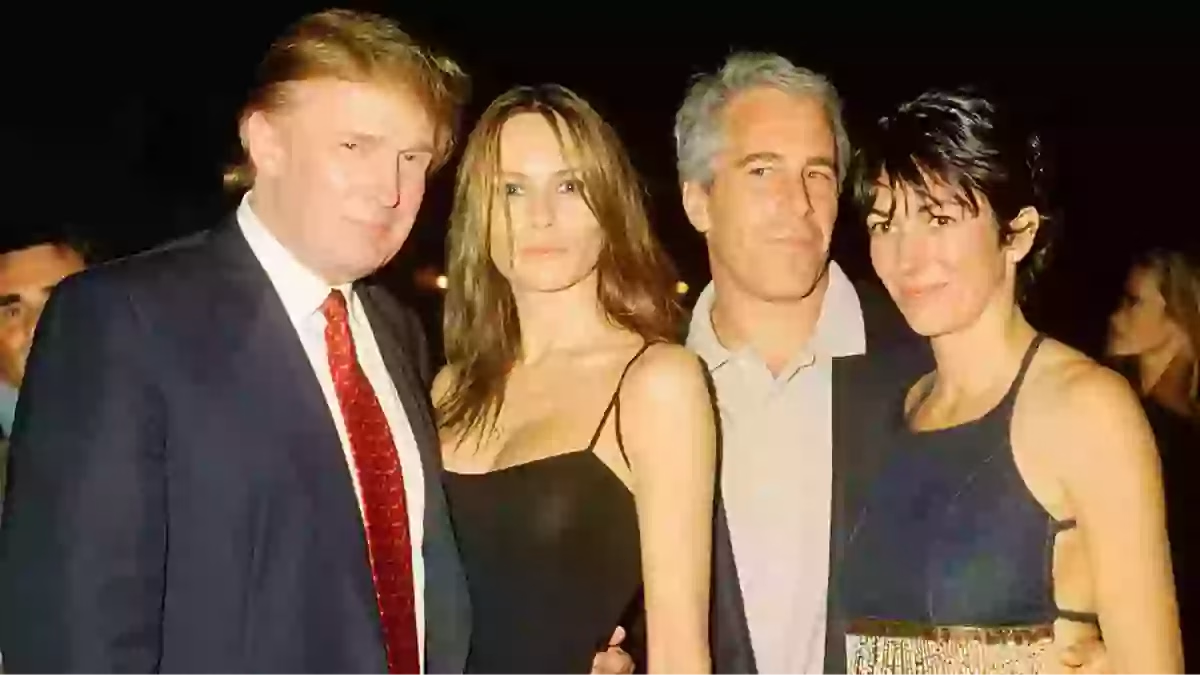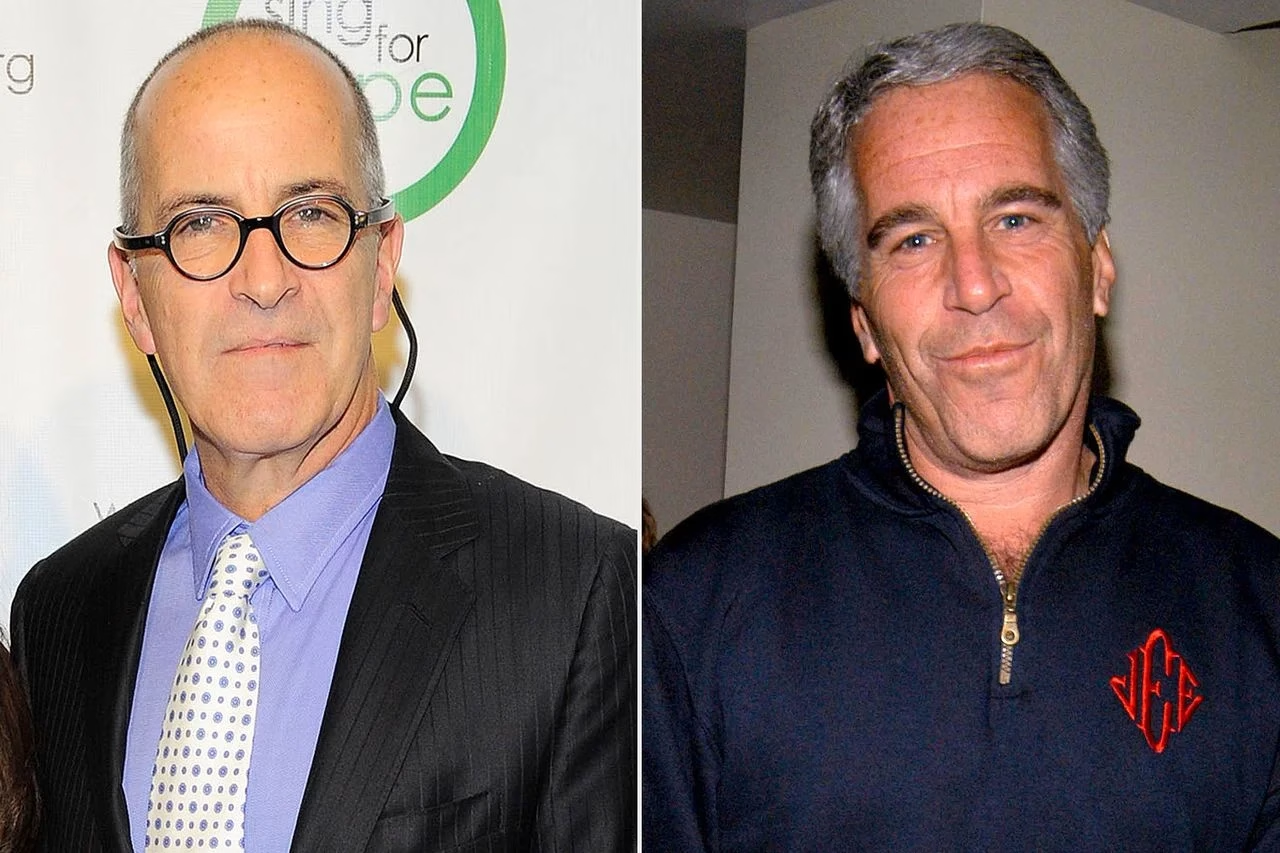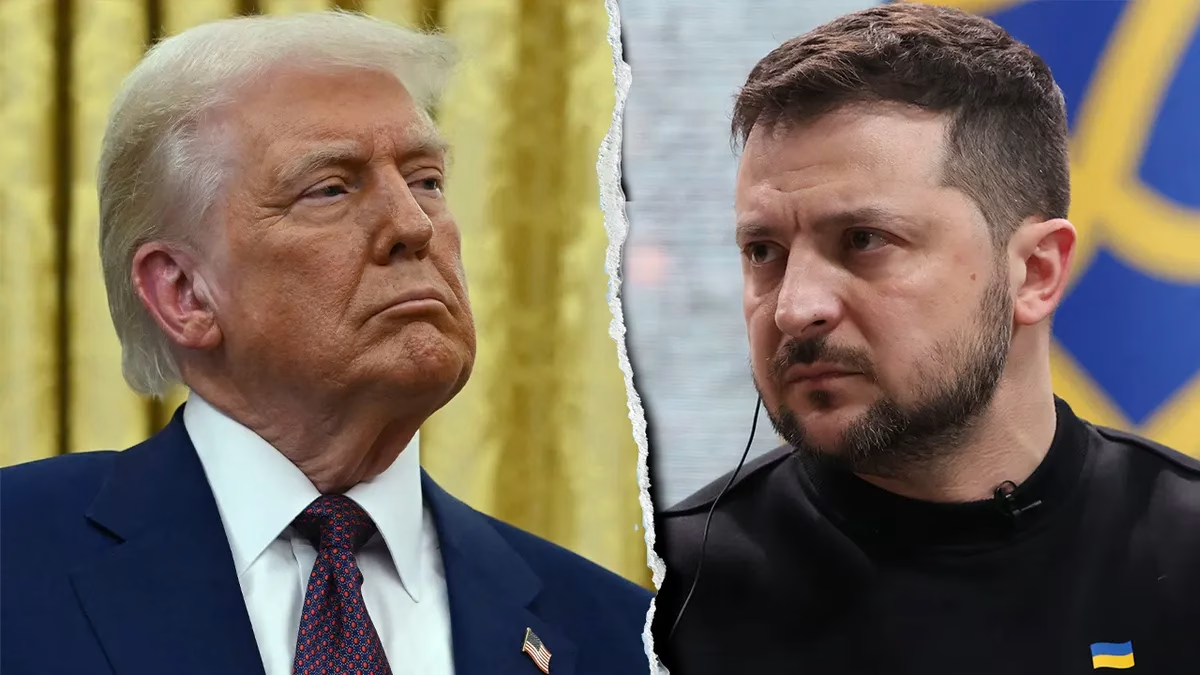By Don Terry & Mary Jones | Friday, October 14, 2025 | 6 min read
In an article published on October 1, 2025, we argued that if Donald Trump understood that Jeffrey Epstein’s preference for “younger” women was not merely gossip but a warning sign, and if he chose to look away, the legal labels—misprision of felony, obstruction, accessory—would never quite capture the deeper transgression. Silence, in that context, becomes its own kind of complicity. The events of the past week, with the release of newly unearthed Epstein documents, have made that observation feel less like speculation and more like confirmation. The picture that has emerged is not flattering, and certainly not for a man who has always tried to position himself as several steps ahead of his political opponents.
There is a rhythm to Trump’s public life that has become familiar over the years. Whenever an uncomfortable story begins to harden into something unavoidable, he tends to reach for the most dramatic object within arm’s reach—some spectacle big enough to overwhelm the news cycle. The instinct is almost rhythmic now, noticeable to anyone paying attention. And as these new Epstein emails trickle out, some mentioning him directly, one can feel that reflex gearing up again. If past behavior is any guide, tomorrow may bring one of those orchestrated diversions he has come to rely on.
The trajectory of this story began almost quietly, with a conversation on MSNBC back in late July. Attorney Brad Edwards, who has long represented Epstein’s survivors, said on air that Congress could unlock Epstein’s sealed communications simply by subpoenaing the estate itself. The idea seemed almost improvisational, offered without ceremony, yet he was certain the estate’s lawyers would comply. And they did. What Edwards may not have realized in the moment was that his suggestion would begin a process that now threatens to reshape Trump’s political fortunes.
Congressman Ro Khanna was the next guest that night. He heard Edwards’s proposal in real time and committed to pursuing it once he returned to Washington. It wasn’t idle talk. Within days, Khanna had helped push a Republican-controlled House to issue the subpoena. The optics alone were striking—a Democrat convincing a chamber still largely loyal to Trump to request documents that could implicate him. But what followed has been even more notable: the slow, methodical dismantling of the silence around Epstein’s ties to some of the world’s most powerful men.
Behind Khanna’s commitment was a series of quiet decisions made off camera. Edwards’s appearance did not come from any last-minute inspiration from an anchor, but from Amy Schuster, who books guests for this program and sensed the importance of his voice at a moment when the public appetite for truth had grown sharper. Melissa Ryerson, who has helped guide the editorial direction of this show for years, understood that the Epstein story still had unturned corners. Edwards suggested the subpoena. Khanna acted on it. But the momentum came from those who believed that transparency, however uncomfortable, was the only way forward.
Now the first emails are public. Others are still under review. Trump, according to those close to him, is unsettled. He knows what remains hidden because he was there. He knows which names, dates, and habits will appear. And the gap between what he knows privately and what the country now sees seems to be shaping his increasingly defensive posture.
His attempts to halt further disclosures have become more obvious. After the emails began circulating, Trump called Congresswoman Lauren Boebert—one of the Republicans who signed a discharge petition to force full release of the Epstein files—into the White House. The meeting took place in the Situation Room, a setting normally reserved for national crises, not political discomfort. Yet even that show of pressure did not work. Boebert kept her name on the petition. In fact, the document gained its 218th signature from newly sworn-in Representative Adolita Grialva, giving it the votes it needed.
Boebert later wrote that she was committed to transparency “for the American people,” a line that might ordinarily dissolve into Washington’s usual fog of rhetoric. But in this case it felt like a direct message: a reminder that Trump’s influence is no longer guaranteed, even among those who once embraced him without hesitation.
The content of the emails adds to that unraveling. In 2019, Epstein wrote, “Of course he knew about the girls,” referring to Trump. In another message to Ghislaine Maxwell, he noted that one young woman had spent hours at his house with Trump, yet Trump’s name had “never once been mentioned” as part of the investigation. Maxwell’s reply—“I’ve been thinking about that”—suggested a shared recognition that the silence around Trump had been deliberate.
Trump has repeatedly insisted he knew nothing of Epstein’s crimes, yet his own comment from 2002—calling Epstein a “terrific guy” who liked women “on the younger side”—now reads with a harsher edge. And when Todd Blanche, Trump’s former defense lawyer turned deputy attorney general, later interviewed Maxwell, he never asked her about the exchange. That omission raises a troubling question: how long has the federal government had access to these communications, and why were they not part of the public record until Congress intervened?
Trump, faced with this growing pressure, has returned to one of his oldest responses: belittling those who refuse to fall in line. On social media, he called any Republican who supports the petition “very bad or stupid.” Four have already signed, including Boebert, Marjorie Taylor Greene, Thomas Massie, and Nancy Mace. Yet the insult seems increasingly out of step with the shifting mood in Congress. Dozens more Republicans are said to be considering a vote to release the full set of documents. Some estimates go as high as one hundred.

Should that occur, it would mark one of the largest bipartisan breaks from a president or former president in recent memory. And it might happen not because political courage suddenly bloomed on Capitol Hill, but because Trump, in working so aggressively to keep the door locked, has drawn attention to why it was closed in the first place.
His loud objections have made the silences around him feel heavier. He could have welcomed transparency. He could have claimed he had nothing to hide. Instead, he has tried to stop the documents from seeing daylight. And so the quiet questions—what he knew, when he knew it, and why he is fighting so hard to keep the rest from emerging—are only growing louder.
The next move belongs to him. But for the first time in a long while, it seems many in his own party are ready to move without him.
Comey’s Charges Had Nothing to Do With Russia Interference — This Was Trump’s Payback
Epstein Files Put Musk Back in Spotlight—Could Tesla’s $29 Billion Shareholder Payout Be at Risk?
Mexico Is Not the Origin of the Drug Trade—Europe and Big Pharma Were There First
Trump’s Russia ‘Paper Tiger’ Remark Steals the Spotlight as 2025’s Best Punchline
Nexstar, Sinclair Refuse to Broadcast ‘Jimmy Kimmel Live!’ Following ABC Return





